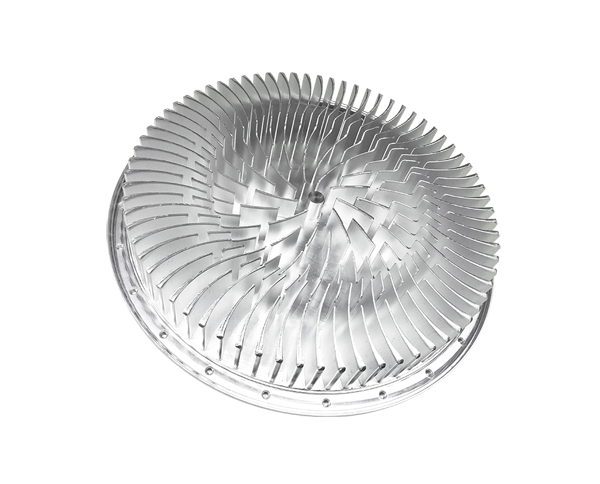2025-01-11 hits:0 source:corten steel fabricators

In the field of CNC die casting, the choice of materials is crucial for ensuring the quality and performance of the final product. There are several materials commonly used in CNC die casting, each with its own unique properties and advantages.
Aluminum is one of the most popular materials for CNC die casting. It offers a good combination of strength, lightweight, and corrosion resistance. Aluminum die castings are widely used in the automotive, aerospace, and electronics industries due to their ability to withstand high temperatures and mechanical stresses. Additionally, aluminum can be easily machined and finished, allowing for complex shapes and precise dimensions.
Zinc is another commonly used material for CNC die casting. It has excellent castability and can produce parts with fine details and smooth surfaces. Zinc die castings are often used in the hardware, plumbing, and electrical industries. Zinc also offers good corrosion resistance and can be plated or painted for added protection and aesthetic appeal.
Magnesium is a lightweight material that is gaining popularity in CNC die casting. It has a high strength-to-weight ratio and is ideal for applications where weight reduction is a priority, such as in the aerospace and automotive industries. Magnesium die castings can also be easily machined and finished, and they offer good thermal conductivity and electromagnetic shielding properties.
Copper alloys are also used in CNC die casting for applications that require high electrical and thermal conductivity. Copper die castings are commonly found in the electrical and electronics industries, as well as in plumbing and heating systems. Copper alloys can be alloyed with other elements to improve their strength, corrosion resistance, and machinability.
In addition to these common materials, there are also specialty alloys and composites that can be used in CNC die casting for specific applications. The choice of material depends on factors such as the intended use of the part, mechanical properties required, cost considerations, and manufacturing processes.
Overall, the selection of the right material for CNC die casting is essential for achieving the desired performance and quality of the final product. By understanding the properties and advantages of different materials, manufacturers can make informed decisions and choose the most suitable material for their specific needs.
Read recommendations:
U.S. Aluminum Extruders File Historic Trade Case
Design of Aluminum Alloy Die Casting Mold.mikrotik omnidirectional antenna
